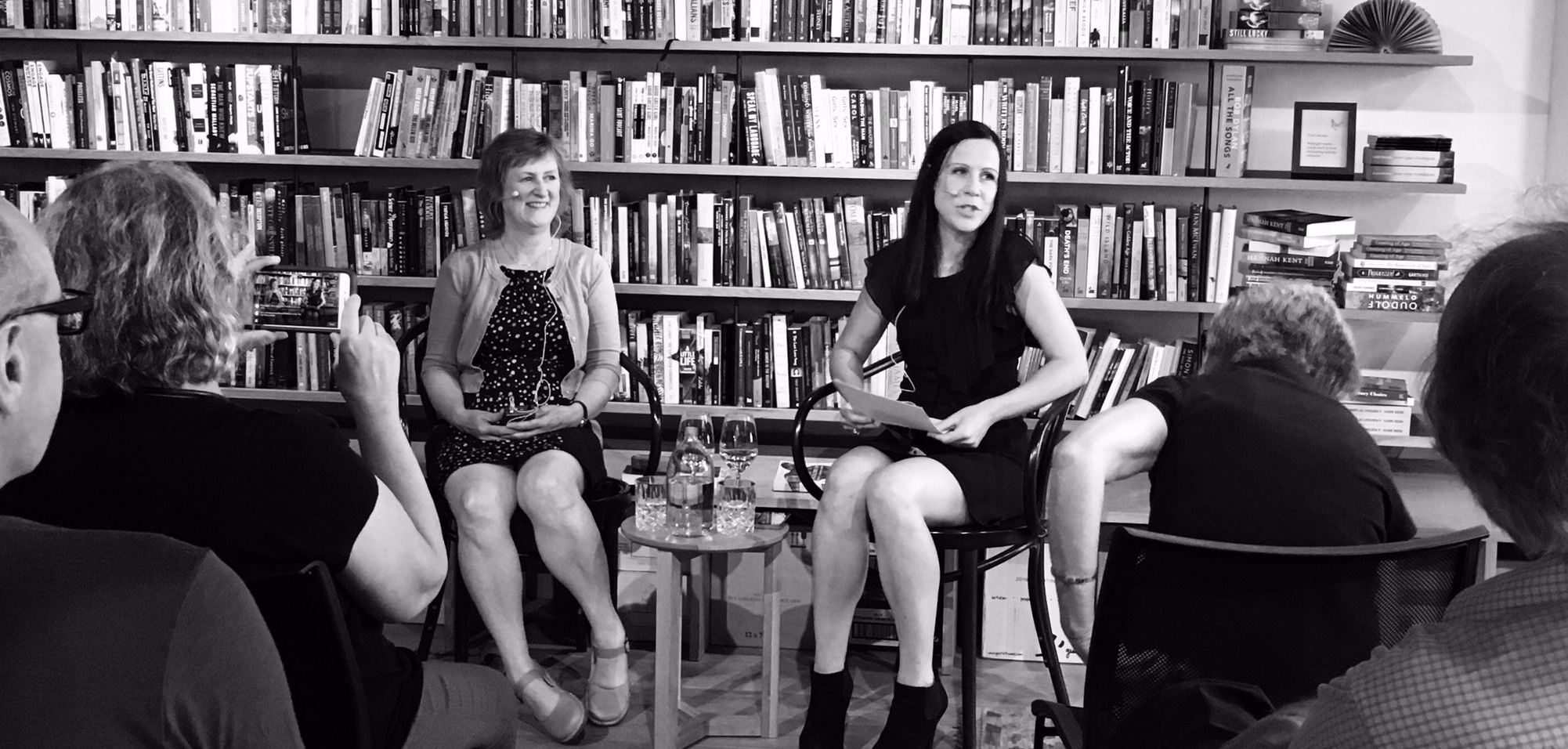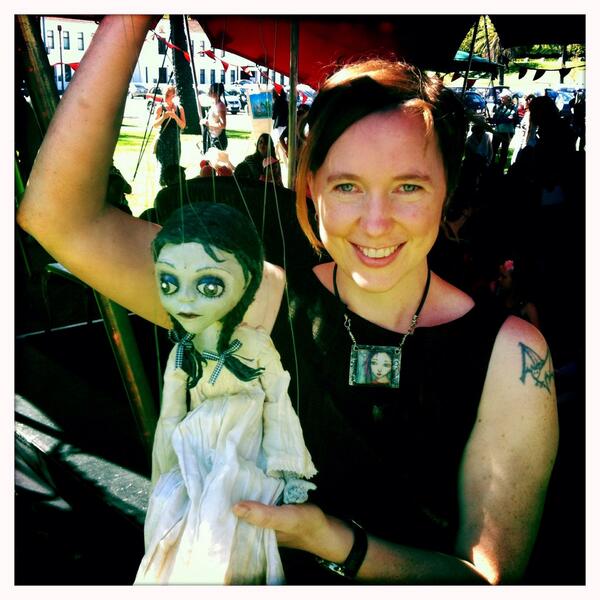On success
Success is a funny thing, particularly in an era where you can be famous for doing absolutely nothing. Kardashians of the world aside, writers mostly seem to have a complicated and uncomfortable relationship with success. They often crave it, and yet when it arrives they feel undeserving.
There are multiple ways to define literary success: critical acclaim, fame, making the bestseller list, selling into multiple territories, translation rights, garnering the respect of peers, invitations to speak at festivals and high-profile events, and so on. Recently as part of Festival Muse, I chatted with Robyn Cadwallader whose historical fiction book, The Anchoress, has been an extraordinary success any way you cut it. We had a generous and thoughtful crowd (characteristic of Muse audiences) and our discussion was wide-ranging. I particularly enjoyed Robyn’s insightful comments on feminism in historical fiction (which you can read about over at Whispering Gums). But I want to dwell briefly here on our conversation about success.
 The Anchoress has been published across Australia, the UK and US, and translated into French. I remember being in Sydney airport shortly after the book came out and seeing a huge billboard with Robyn’s soaring swallow and thinking, ‘Wow, she’s entered blockbuster territory.’ Marie Claire described The Anchoress as ‘the book that the whole literary world can’t stop talking about,’ and yet when I asked Robyn about how she has navigated the book’s success she spoke of her ‘self-doubt’ and how easy it is to focus on the criticisms, rather than the compliments. She described it as being like ‘walking into a head wind, you just have to keep on going’.
The Anchoress has been published across Australia, the UK and US, and translated into French. I remember being in Sydney airport shortly after the book came out and seeing a huge billboard with Robyn’s soaring swallow and thinking, ‘Wow, she’s entered blockbuster territory.’ Marie Claire described The Anchoress as ‘the book that the whole literary world can’t stop talking about,’ and yet when I asked Robyn about how she has navigated the book’s success she spoke of her ‘self-doubt’ and how easy it is to focus on the criticisms, rather than the compliments. She described it as being like ‘walking into a head wind, you just have to keep on going’.
We touched on Imposter Syndrome, so prevalent in writers, particularly female writers, who fear that they are going to be found out as a fraud. That their success has not come about by virtue of their ability, but through luck or error. The first time I came across this idea was in a TED talk by another historical fiction sensation, Hannah Kent. Her debut novel, Burial Rites, was sold in a million-dollar two-book deal. The stuff of dreams. And yet in this talk she opens by saying, ‘I spend most of my time deeply terrified that I don’t know what it is that I’m doing.’ She goes on to say, ‘I’m convinced that I’m not as capable as other people think that I am, and that it’s only a matter of time before everyone works out that I can’t write to save myself.’
In another TED talk, Elizabeth Gilbert of Eat Pray Love fame (who incidentally loved The Anchoress) speaks about how great failure and great success can be equally disorientating. Both catapult you so far from yourself that ‘there’s a real danger of getting lost’ and having to find your way back home. In Elizabeth’s case her ‘home’ was writing.
Success, as the cliché truthfully goes, is a double-edged sword. ‘I had succeeded beyond my wildest expectations,’ Elizabeth says. ‘I had to find a way to make sure my creativity survived my own success.’ Clearly she managed to do just that, her elegant novel The Signature of All Things proof enough. Hannah Kent has recently released her second novel, The Good People, (currently in my To Read pile) and it is also enjoying an overwhelmingly positive reception. Meanwhile Robyn Cadwallader is working away on her second novel about an illuminator set in fourteenth-century England. I wish her all the highs of success, and none of the lows.



